My First $1 Million: Retired Tech Industry Director, 78, Delaware County, Ohio
"My mother was a world-class saver. She taught me to save more than you spend, and pay cash or don't buy it."
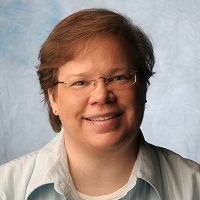
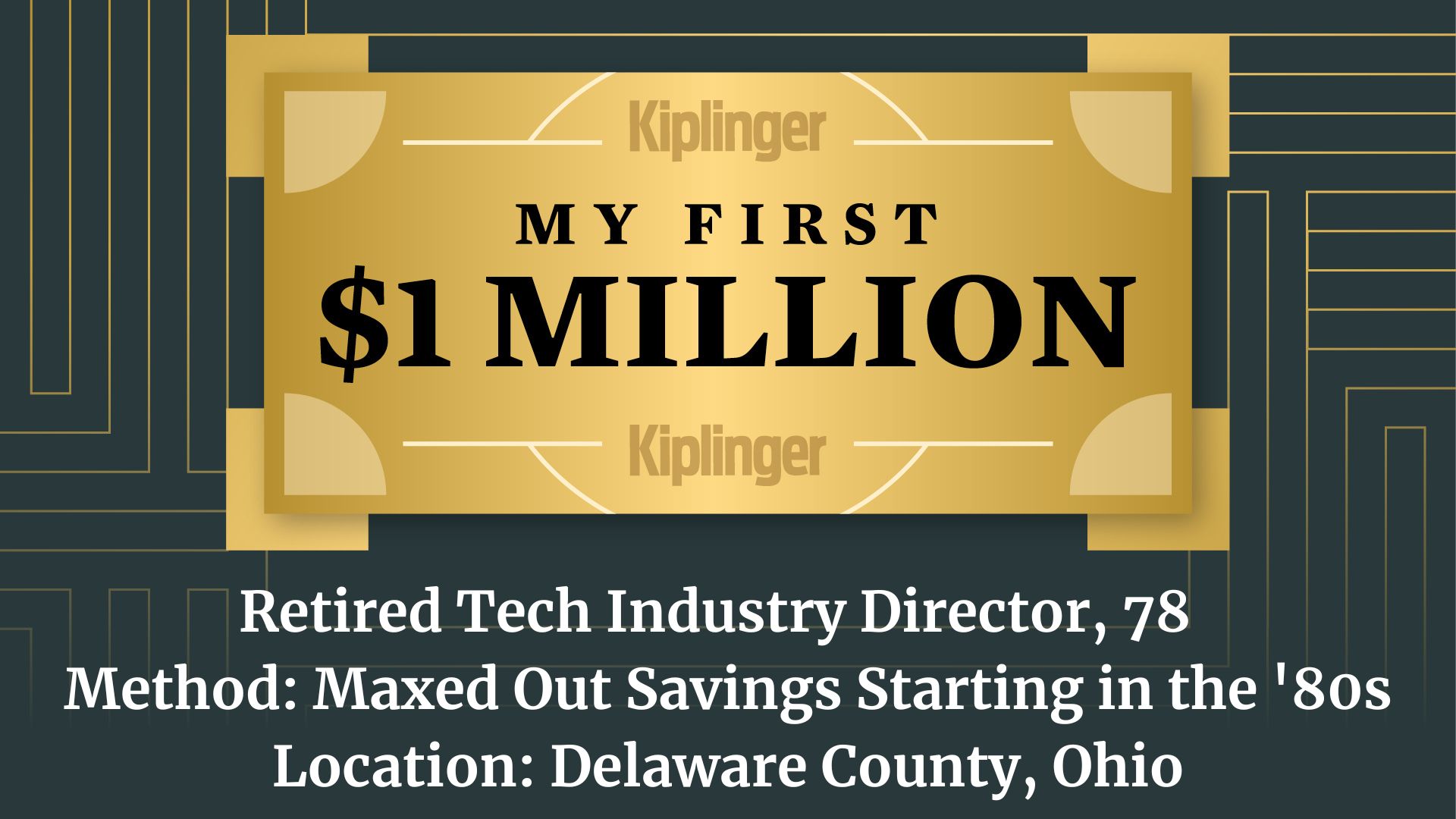
Profit and prosper with the best of Kiplinger's advice on investing, taxes, retirement, personal finance and much more. Delivered daily. Enter your email in the box and click Sign Me Up.
You are now subscribed
Your newsletter sign-up was successful
Want to add more newsletters?
Welcome to Kiplinger's My First $1 Million series, in which we hear from people who have made $1 million. They're sharing how they did it and what they're doing with it. This time, we hear from a retired publishing/information processing director of IT software development in Delaware County in Ohio.
See our earlier profiles, including a writer in New England, a literacy interventionist in Colorado, a semiretired entrepreneur in Nashville, an events industry CEO in Northern New Jersey and a retired self-employed attorney on the coast of Washington.
Each profile features one person or couple, who will always be completely anonymous to readers, answering questions to help our readers learn from their experience.
From just $107.88 $24.99 for Kiplinger Personal Finance
Become a smarter, better informed investor. Subscribe from just $107.88 $24.99, plus get up to 4 Special Issues

Sign up for Kiplinger’s Free Newsletters
Profit and prosper with the best of expert advice on investing, taxes, retirement, personal finance and more - straight to your e-mail.
Profit and prosper with the best of expert advice - straight to your e-mail.
These features are intended to provide a window into how different people build their savings — they're not intended to provide financial advice.
THE BASICS
How did you make your first $1 million?
Starting in the 1980s, I maxed out my IRA and 403(b) and never stopped. Then I started an after-tax account invested in mutual funds and high-earning laddered CDs.
I don't know when the first million arrived, since I seldom pulled all the accounts together for a grand total until after it was a million. I felt that the less I looked, the less I would worry.

What are you doing with the money?
Most of it keeps growing since my Social Security and pension more than cover my needs. I find that things don't make me happy. Giving to charities for the less fortunate brings me joy.
Once I retired, I started a DAF (donor-advised fund) and, at 72, used two QCDs (qualified charitable distributions) for my charitable giving.
I've also taken the whole family — my children and grandchildren — on all-expenses-paid vacations in the States and to Europe.

I began gifting (my loved ones) the annual maximum in cash to cover special extras.
THE FUN STUFF
Did you do anything to celebrate?
Nope.

What is the best part of making $1 million?
Having something substantial to leave to family and having the financial ability to donate significant sums to charities and nonprofits that help the less fortunate.
Did your life change?
No. It is just a number.
Did you retire early?
I worked until I was 67 because I liked what I was doing.

LOOKING BACK
Anything you would do differently?
No.
Did you work with a financial adviser?
No. I read Kiplinger, Fortune and many books on investing and financial planning. I had a number of friends and work colleagues who used financial advisers with mixed results.
Did anyone help you early on?
My mother, a super saver (more about her below).
LOOKING AHEAD
Plans for your next $1 million?
I already have several million and plan to keep giving it away.
Any advice for others trying to make their first $1 million?
The rules are really simple — start early, max out your 401(k)/403(b), then use a Roth IRA and invest in index funds and a few stocks that you really like and have researched.
Use dollar-cost averaging and invest aggressively but not recklessly. Don't mess with calls, put options, etc. Keep it simple.
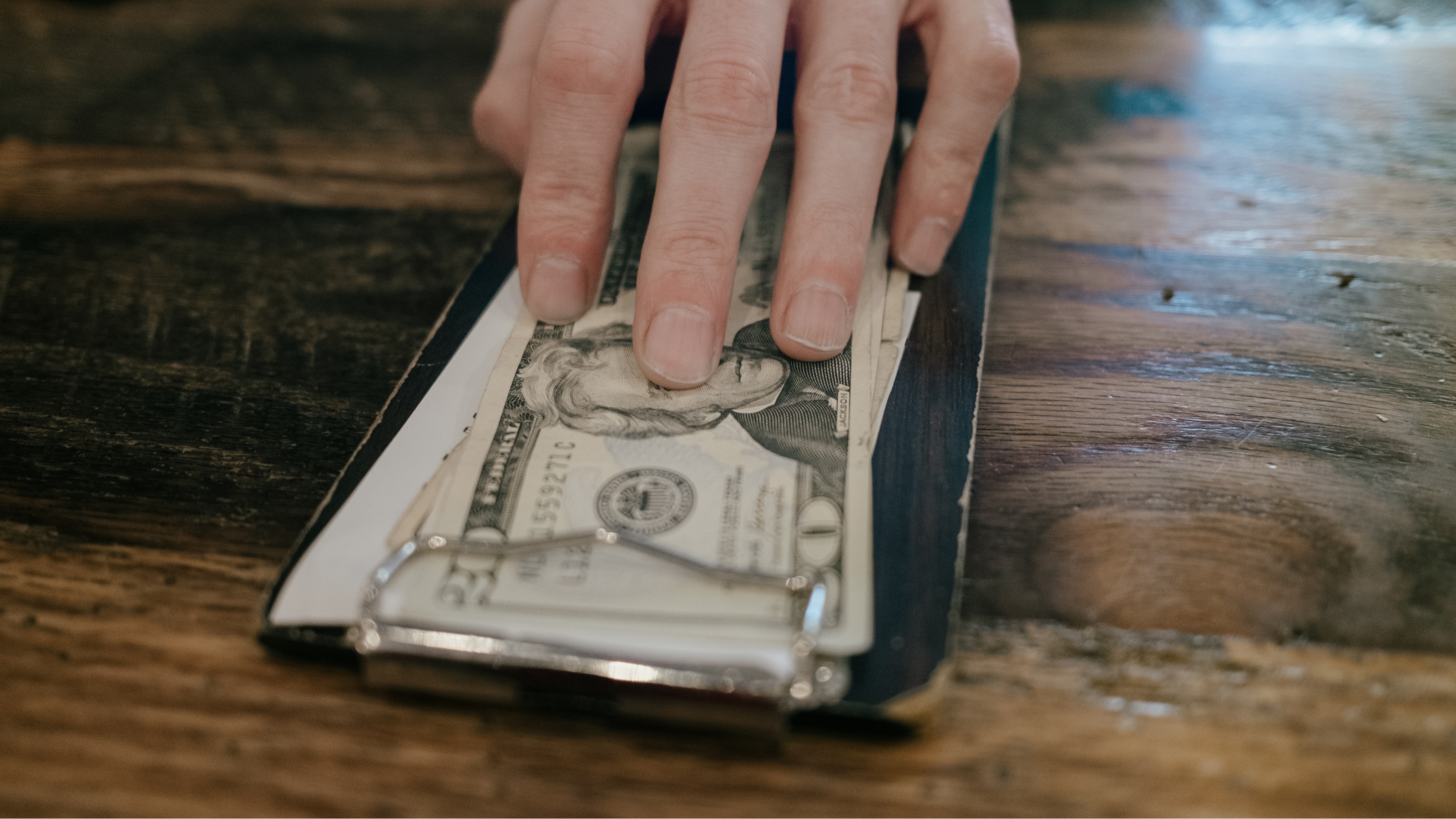
Give some away each year. Pay cash for everything but a house.
Read Kiplinger and act on some of their recommendations.
Check your accounts no more than quarterly. Don't worry or react to what the market is doing.
For major discretionary spending, walk away and come back one to two weeks later and see if the desire/need is still there.
Do you have an estate plan?
Yes. I have a will, powers of attorney, DAF and have named beneficiaries on all accounts, which are going to my family and designated charities. This keeps everything simple.
What do you wish you'd known …
Before you retired? I would have traveled a bit more earlier in retirement, when I had more energy.

When you first started saving? Nothing. My mother was a world-class saver. She taught me to:
- Save more than you spend
- Give some of each week's earnings to the church/charity
- Pay cash or don't buy it
I bought my first car at 17, but my parents required me to pay cash and have the first year's insurance before they would sign for the car.
When you first started investing? More about the different types of mutual and index funds.
If you have made $1 million or more and would like to be anonymously featured in a future My First $1 Million profile, please fill out and submit this Google Form or send an email to MyFirstMillion@futurenet.com to receive the questions. We welcome all stories that add up to $1 million or more in your accounts, although we will use discretion in which stories we choose to publish, to ensure we share a diversity of experiences. We also might want to verify that you really do have $1 million. Your answers may be edited for clarity.
RELATED CONTENT
- You're 62 Years Old With $1 Million Saved: Can You Retire?
- Want to Earn $1 Million More Over Your Lifetime? Do This
- Do You Have at Least $1 Million in Tax-Deferred Investments?
- Are You Rich? U.S. Net Worth Percentiles Can Provide Answers
- Compare Your Net Worth by Age
Profit and prosper with the best of Kiplinger's advice on investing, taxes, retirement, personal finance and much more. Delivered daily. Enter your email in the box and click Sign Me Up.
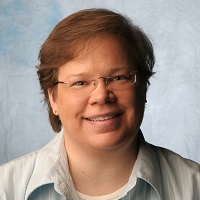
As Contributed Content Editor for the Adviser Intel channel on Kiplinger.com, Joyce edits articles from hundreds of financial experts about retirement planning strategies, including estate planning, taxes, personal finance, investing, charitable giving and more. She has more than 30 years of editing experience in business and features news, including 15 years in the Money section at USA Today.
-
 Thinking of Switching Phone Carriers? Do These 8 Things First
Thinking of Switching Phone Carriers? Do These 8 Things FirstSwitching carriers is easier than ever, but overlooking the fine print could cost you. Here’s what to check before you make the move.
-
 Samsung Galaxy S26 Ultra: What to Know Before You Upgrade
Samsung Galaxy S26 Ultra: What to Know Before You UpgradeThe Galaxy S26 Ultra brings new features and strong launch deals, but whether it’s worth upgrading depends on what you already own.
-
 Nasdaq Soars Ahead of Nvidia Earnings: Stock Market Today
Nasdaq Soars Ahead of Nvidia Earnings: Stock Market TodayWednesday's risk-on session was sparked by strong gains in tech stocks and several crypto-related names.
-
 What Is an Assumable Mortgage and Could It Save You Thousands?
What Is an Assumable Mortgage and Could It Save You Thousands?With mortgage rates still elevated, taking over a seller’s existing home loan could lower monthly payments — if the numbers work.
-
 Have You Fallen Into the High-Earning Trap? This Is How to Escape
Have You Fallen Into the High-Earning Trap? This Is How to EscapeHigh income is a gift, but it can pull you into higher spending, undisciplined investing and overreliance on future earnings. These actionable steps will help you escape the trap.
-
 I'm a Financial Adviser: These 3 Questions Can Help You Navigate a Noisy Year With Financial Clarity
I'm a Financial Adviser: These 3 Questions Can Help You Navigate a Noisy Year With Financial ClarityThe key is to resist focusing only on the markets. Instead, when making financial decisions, think about your values and what matters the most to you.
-
 Where Olympians Store Their Medals is a Great Lesson For Your Valuables and Cash
Where Olympians Store Their Medals is a Great Lesson For Your Valuables and CashWhat you can learn about protecting your cash and values from where Olympians store their medals.
-
 An Executive's 'Idiotic' Idea: Skip Safety Class and Commit a Federal Crime
An Executive's 'Idiotic' Idea: Skip Safety Class and Commit a Federal CrimeSeveral medical professionals reached out to say that one of their bosses suggested committing a crime to fulfill OSHA requirements. What's an employee to do?
-
 How You Can Use the Financial Resource Built Into Your Home to Help With Your Long-Term Goals
How You Can Use the Financial Resource Built Into Your Home to Help With Your Long-Term GoalsHomeowners are increasingly using their home equity, through products like HELOCs and home equity loans, as a financial resource for managing debt, funding renovations and more.
-
 How to Find Free Money for Graduate School as Federal Loans Tighten in 2026
How to Find Free Money for Graduate School as Federal Loans Tighten in 2026Starting July 1, federal borrowing will be capped for new graduate students, making scholarships and other forms of "free money" vital. Here's what to know.
-
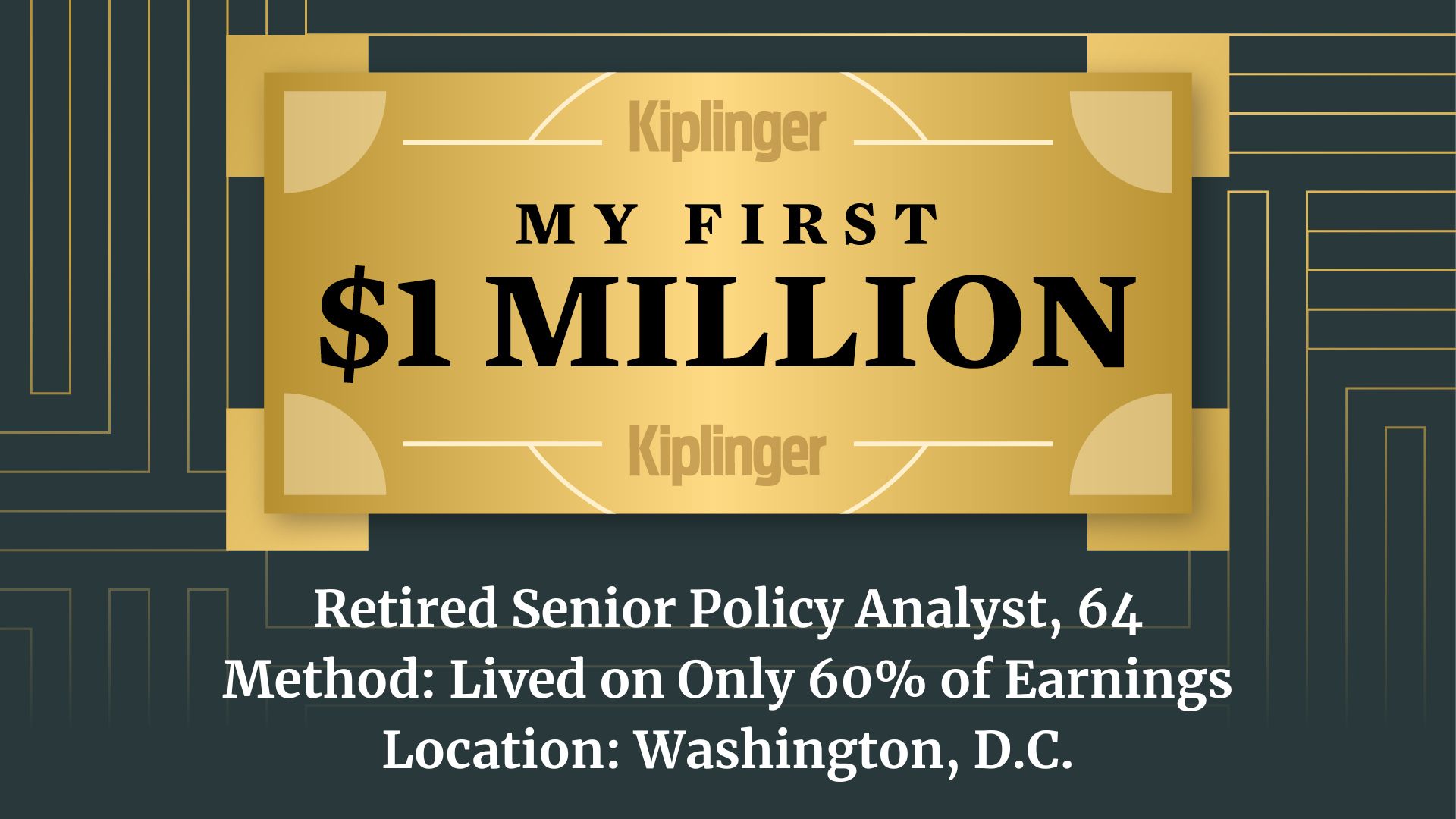 My First $1 Million: Retired Senior Policy Analyst, 64, Washington, D.C.
My First $1 Million: Retired Senior Policy Analyst, 64, Washington, D.C.Ever wonder how someone who's made a million dollars or more did it? Kiplinger's My First $1 Million series uncovers the answers.